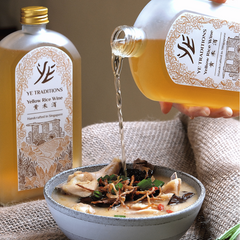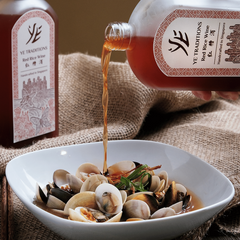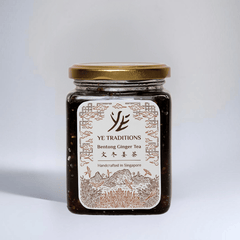Is Confinement Food Necessary for Postnatal Recovery?
In the journey of motherhood, the postnatal period is a critical time for healing, bonding, and adjusting to the new dynamics of family life. This phase, rich in traditions and modern practices, brings to the forefront the concept of confinement food—nutrient-rich meals designed to aid a new mother’s recovery. But is confinement food truly necessary for postnatal recovery? And how do confinement nannies contribute to this important phase? After interviewing over 20 mothers, I summarize their thoughts into the significance of confinement food, confinement nanny reviews, to understand its impact on postnatal recovery.
Confinement Food in Postnatal Recovery
Confinement food is deeply rooted in several cultures, celebrated for its role in supporting the health and well-being of new mothers. These meals are carefully crafted to provide optimal nutrition, aiming to replenish lost energy, aid in the healing process, and support lactation. Ingredients like ginger, sesame oil, and specific herbs are staples, known for their anti-inflammatory properties and ability to boost blood circulation and milk production.
Nutritional Content in Postpartum Food
The principle behind confinement food is not just tradition but a practical approach to postnatal recovery. After childbirth, the body needs to heal and regain its strength. A diet rich in proteins, vitamins, and minerals is crucial, and confinement food menus are designed to meet these nutritional needs, emphasizing the importance of a balanced and restorative diet during the postnatal period.

Confinement Nanny Services: Enhancing Postnatal Care
For many new mothers, navigating the postnatal period can be challenging, especially in terms of meal preparation and adhering to the recommended confinement diet. This is where confinement nanny services come into play. These professionals not only assist with newborn care but also specialize in preparing confinement food tailored to the new mother’s needs.
Reviews and Insights
While confinement nanny reviews or recommendations are important, the most important is ensuring the new mom trusts the nanny to care for the newborn. Ask them about what they do with a crying baby, ask about the type of confinement food they have, ask about some of their beliefs in confinement, as the educational aspect on nutrition and self-care should be aligned to yours. You (and your family) will be spending a month with this nanny, so you want to make sure that you can trust her to take care of you and the baby.
Alternatives to Confinement Nanny
But of course, not everyone wants to hire a confinement nanny, so what should they do in this important healing period? Taking care of a newborn is really hard, especially if you already have existing family commitments. While you may have a strong support system, many mothers still recommend to order in confinement food twice a week to get the nutrients you need and to also give the rest of the family members a short rest. Products such as Red Rice Wine Chicken Soup (Hong zao soup) or Pig Trotters' Vinegar are their must-haves. Alternatively, they also suggested to order confinement wines and add them to dishes to up the nutritional value. It truly takes a village to raise a child.
Is Confinement Food Necessary?
While the necessity of confinement food may vary based on individual beliefs and conditions, its benefits are universally acknowledged in the context of postnatal recovery. Nutrition plays a pivotal role in healing the body, and confinement food is tailored to address the specific needs of a recovering mother. Whether through personal preparation, family support, or the expertise of a confinement nanny, incorporating these nutritional practices can significantly enhance the postnatal experience.







Leave a comment